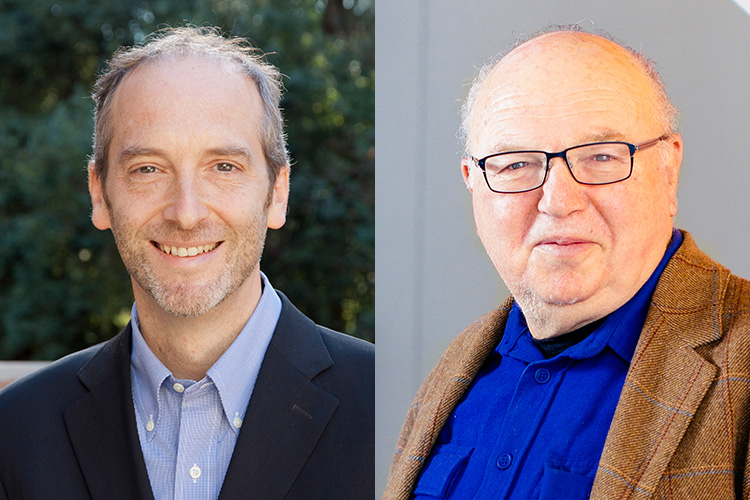Researchers awarded Wolf Prizes in agriculture, chemistry

Two UC Berkeley faculty have been awarded 2019 Wolf Prizes in chemistry and agriculture, the Israel-based Wolf Foundation announced this week.
David Zilberman, a professor of agricultural and resource economics at UC Berkeley, was awarded the 2019 Wolf Prize in Agriculture in recognition of his work developing economic models for fundamental problems in agriculture, economics and policy.
UC Berkeley chemistry professor John Hartwig and MIT professor Stephen Buchwald were awarded the 2019 Wolf Prize in Chemistry for their development of efficient transition-metal catalysts that have revolutionized drug manufacturing.
The Wolf Prize is an international award granted by the Wolf Foundation in six categories: agriculture, chemistry, mathematics, medicine, physics and the arts. The prize in the agriculture category is often referred to as the equivalent of a Nobel Prize in agriculture.
The award citation names Zilberman as “a leading protagonist in debates over water policy, environmental and resource policy in agriculture and the bioeconomy,” and highlights his career as “a unique mixture of theoretical work, applied research and extension.”
“I am deeply honored to have been selected,” said Zilberman, who holds the Robinson Chair in the Department of Agricultural and Resource Economics at Berkeley. “This prize is a recognition of my entire community: my family, my collaborators, my teachers in Israel and Berkeley, the College of Natural Resources and the uniquely supportive and inspiring Berkeley campus.”
Hartwig is a leader in the field of synthetic organic chemistry, in which he develops catalysts that can facilitate the reactions between carbon-based molecules to create new and useful compounds, from pharmaceuticals to renewable chemicals and fuels.
The prize will be awarded to the laureates by Israel’s president and the Wolf Foundation chairman and Israeli minister of education at the end of May in an official ceremony in Jerusalem.
RELATED INFORMATION
